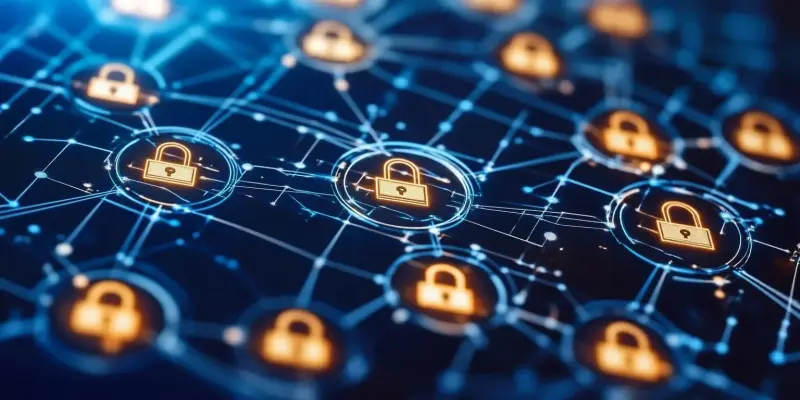In a case that underscores the increasing threats posed by cybercrime, Junior Barros De Oliveira, a 29-year-old from Curitiba, Brazil, has been charged in the United States with extortion and threatening communications following an audacious hacking incident. The U.S. Department of Justice (DoJ) has indicted De Oliveira after he allegedly infiltrated a Brazilian subsidiary of a New Jersey-based company in March 2020. During this cyber attack, De Oliveira is accused of stealing sensitive information from 300,000 customer accounts and subsequently demanding an exorbitant ransom of 300 bitcoin, equivalent to roughly $3.2 million at that time, from the company’s CEO.
The hacker’s demands did not stop with the initial ransom. Adding another layer to his extortion scheme, De Oliveira reportedly proposed fixing the very security vulnerabilities he had exploited, but for a hefty consulting fee of 75 bitcoin, which was approximately $800,000. It is yet another vivid example of how cybercriminals not only seek to benefit from their illegal incursions but also attempt to profiteer by masquerading as problem solvers. This case has raised significant questions about the vulnerabilities companies face and the sophisticated strategies employed by hackers in the digital age.
Federal prosecutors have taken a firm stance, indicting De Oliveira on four counts of extortionate threats using information from protected computers and four counts of threatening communications. Each count of extortion could result in a maximum of five years in prison, accompanied by a $250,000 fine or twice the value of any financial gain or loss caused by the crime. Threatening communication charges, on the other hand, carry a maximum penalty of two years in prison and the same monetary penalties. These charges collectively highlight the severe legal ramifications that accompany digital extortion, a crime that has not only financial but also ethical and operational impacts on affected organizations.
The case vividly illustrates the growing concerns around cybersecurity, especially in an era where dependence on digital platforms is at an all-time high. Companies across the globe are grappling with the dual challenges of protecting their data and responding to sophisticated cyber threats. Meanwhile, legal frameworks are evolving to deal more stringently with perpetrators of such crimes, indicative of a broader push to enhance digital security and international cooperation in prosecuting cybercriminals. The De Oliveira case serves as a stark reminder of the potential consequences of insufficient cybersecurity measures and the imperative need for robust defenses against ever-evolving cyber threats.
While this specific case is still unfolding, its ramifications are already clear. The indictment of De Oliveira marks a significant development in the fight against cybercrime. It sends a strong message to would-be criminals about the risks and penalties they face. The international dimension of this case also emphasizes the need for cross-border cooperation in tackling cyber threats. As companies continue to invest in stronger cybersecurity measures, the hope is that such incidents will become less frequent, and the digital landscape will become a safer place for all users and businesses.

